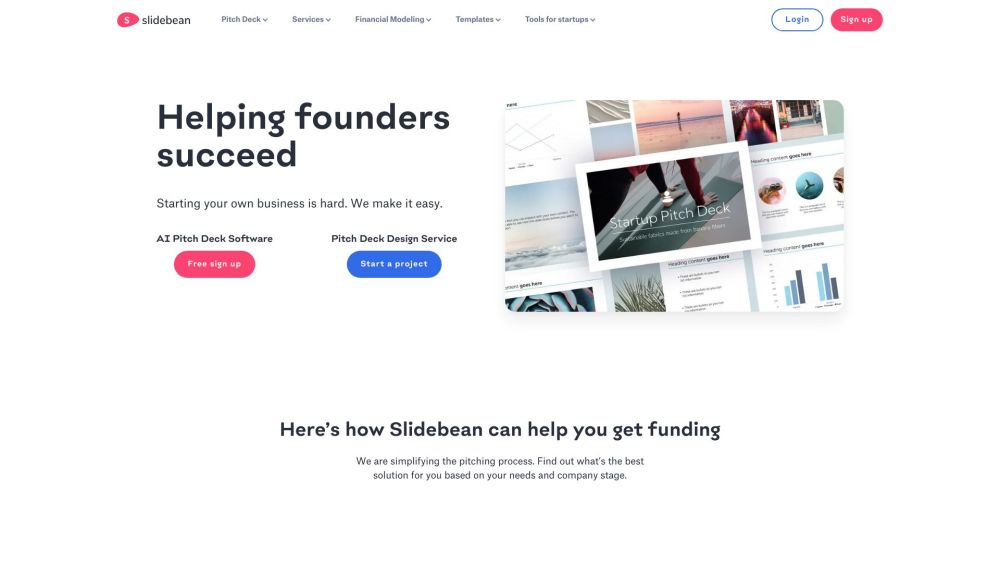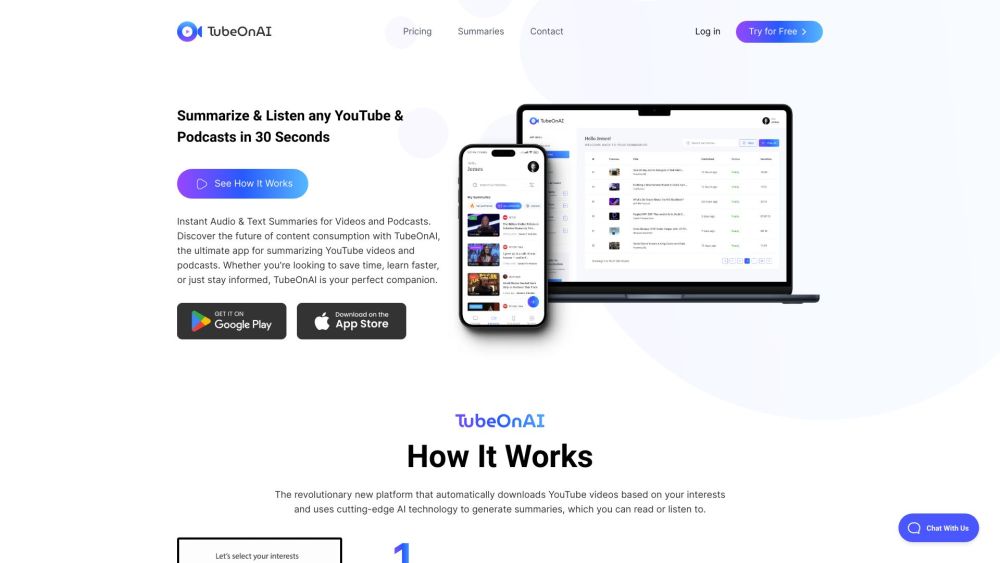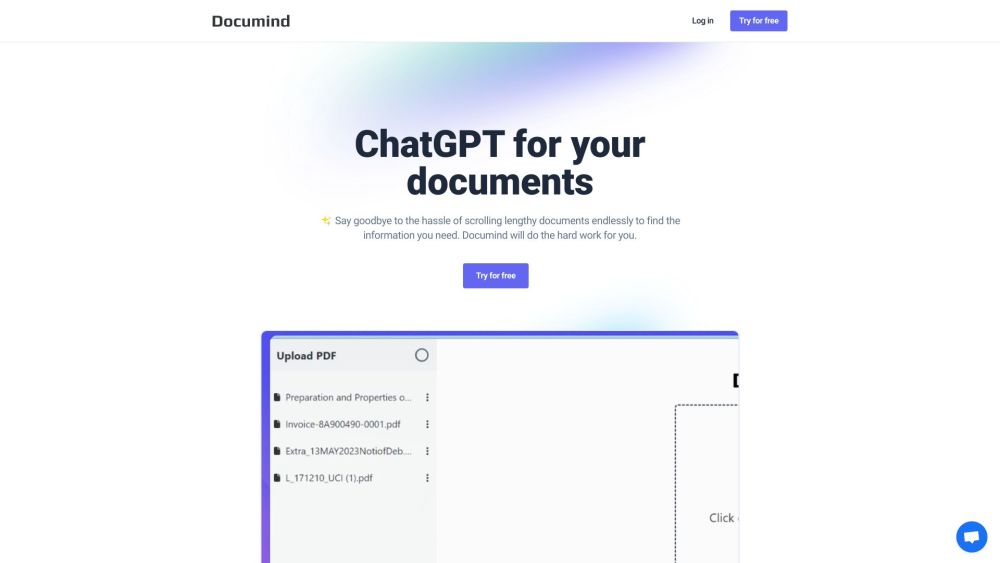GenAI certainly presents challenges, but one area where it shines is in extracting answers from extensive data sources. Enter Glean, a cutting-edge software solution that connects to both first- and third-party enterprise databases, enabling employees to submit plain-language queries (e.g., “How do I invest in our company’s 401k?”) much like a customized ChatGPT. Founded by Arvind Jain, the co-founder of cloud data management firm Rubrik, Glean was born from Jain's recognition that many employees struggled to find the information they needed to perform their tasks effectively.
“I observed that engineers spent excessive time away from coding, account managers faced difficulties in locating essential research or presentations to secure deals, and new hires experienced cumbersome onboarding processes,” Jain shared in a recent interview. “This growing dilemma undermined productivity, drained morale, and detracted from the overall employee experience.”
It appears Jain hit the mark. A recent Gartner survey revealed that nearly 47% of desk workers face challenges in locating the data necessary to execute their jobs. The same survey noted that the average number of apps managed by employees has increased to 11, up from six just five years ago, compounding these difficulties.
In 2019, Jain and a small founding team developed Glean as an AI-driven search application tailored for enterprise clients. The early versions of Glean aligned with offerings like Microsoft’s SharePoint Syntex and Amazon Kendra, situating itself within a product category known as “cognitive search.” Utilizing natural language processing, the early iterations could comprehend intricate document details as well as broader organizational search queries.
Over the years, Glean has matured into a platform designed to connect with and analyze a company’s databases, answering employee inquiries in response to the accelerating generative AI trend. Today, Glean aggregates information from diverse sources such as support tickets, chat messages, and entries from customer relationship management systems, applying generative AI to transform this data into insightful answers.
However, it’s natural for companies to hesitate about linking proprietary data, particularly internal chat data, to a generative AI platform that engages in such extensive analysis. A recent Cisco survey indicated that over 25% of organizations have prohibited the use of generative AI due to privacy and data security concerns, with fears that these tools could jeopardize intellectual property or divulge sensitive information to competitors.
Nonetheless, Jain assures that Glean prioritizes both security and privacy—at least to the extent that a cloud-based generative AI platform can. “Glean adheres to the same permission settings in a company’s data sources (Slack, Teams, Jira, ServiceNow, etc.), ensuring employees only receive answers based on the data they are authorized to access,” Jain explained. “When a user deletes a document in the original application, it is also removed from the Glean system.”
What about one of the prevalent issues faced by many generative AI platforms—hallucinations? Is Glean equipped to avoid generating misleading facts, inaccuracies, or irrelevant summaries? While this writer hasn’t tested Glean personally, Jain emphasized that several measures are in place to enhance the platform’s reliability. These include a model trained on customer data to grasp industry-specific jargon, as well as the ability for customers to utilize multiple open-source generative AI models for optimal results.
“AI assistants must deliver personalized results based on the specific user,” Jain noted. “Factors such as an individual’s role, job function, management hierarchy, and even collaboration patterns significantly define what information is relevant to them. Glean creates a tailored model for each customer, ensuring highly personalized responses for every employee.”
Glean also utilizes Retrieval-Augmented Generation (RAG), a growing technique that enhances generative AI by retrieving data from external knowledge sources. Jain states that every answer Glean generates is “fully referenceable” to its original source.
“Glean is capable of recommending documents users may need for daily tasks by learning from their previous work patterns,” Jain remarked. “[It] embodies a turnkey implementation of a complex AI ecosystem, with over 100 connectors at its disposal.” Glean operates on a monthly per-seat subscription basis under annual contracts.
Despite stiff competition from giants like Microsoft (via Copilot) and OpenAI (ChatGPT), as well as enterprise search systems such as Coveo, Sinequa, and Lucidworks, Jain reports that Glean’s business has seen remarkable growth, with annual recurring revenue nearly quadrupling over the past year.
This growth defies the narrative that organizations are hesitant to adopt generative AI. According to a December 2023 survey by Convrg.io, an Intel subsidiary, only 10% of companies reported having fully implemented generative AI solutions in production, indicating that most are still navigating research and testing phases.
Nevertheless, Glean’s impressive financial performance and its roster of over 200 clients—including Duolingo, Grammarly, and Sony—have attracted investor interest. Recently, Glean announced a $200 million Series D funding round, co-led by Kleiner Perkins and Lightspeed Venture Partners, with participation from other notable investors.
Mamoon Hamid of Kleiner Perkins expressed strong confidence in Glean’s potential: “The opportunity for Glean is enormous, and our continued investment demonstrates our belief in the team’s ability to deliver a generative AI solution tailored for the enterprise. I have dedicated my career to investing in applications that enhance knowledge workers’ productivity—Glean stands out as a transformative force in this domain.”
This new funding, bringing Glean’s total capital raised to approximately $360 million and valuing the startup at $2.2 billion, will be utilized to expand all of Glean’s teams (currently around 300 employees), enhance its offerings, and strengthen its go-to-market strategy.
“Glean has seen strong and growing customer demand, especially from enterprises evaluating the necessary requirements to integrate generative AI into their operations,” Jain added. “Our approach has been prudent in hiring and spending, and the recent hiring surge reflects our response to this robust customer demand.”




